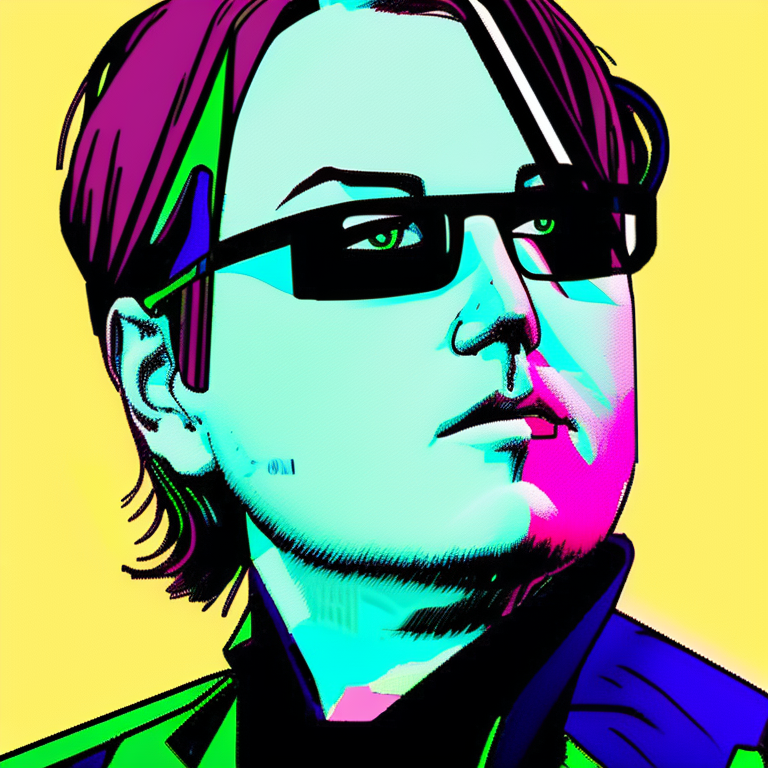So first off, let me set this straight.
I actually like GenAI music. It offers me a way to er… “create” tracks that resonate with a particular moment in my life. It’s more personal and relevant than anything most artists produce. But that’s where it ends - I don’t want to hear GenAI mass market slop. Heck, I don’t want to hear MOST folk’s AI Generated stuff. That’s for them. The music I generate is for me.
Moving on from that - I primarily use Spotify currently for music discovery, and up until a few months ago it’s been the most reliable way to find new Artists that might interest me. Their algorithm, while not perfect, generally hooked me up with artists that were in the ballpark of what I like and were REAL.
Today, about half of my “Release Radar” is AI generated slop. Some of it is published under their own names and labels which is fine, but others are transparently attempting to dupe listeners by imitating or outright impersonating known bands. However, even in the “nice” case of well labeled and non-impersonating AI tunes, it’s significantly getting in the way of finding new stuff.
I think I’m done with Spotify, recent statements from the CEO has me thinking that they don’t consider this to be a problem. They aren’t looking to fix this issue, and aren’t even pretending to.
But the problem is, none of the other music streaming services are in a better situation. None have sought to deal with the artist impersonation problem or general labeling of AI generated music.
I feel like I have to go back to CD’s and word-of-mouth like back in the “old days” - at least if I’m to be sure that the music was actually made by a human. But how long would it be before we start getting CD’s with AI generated music on them? My hope is that the fad is too “low effort” to bother with pressing vinyl or burning CD’s.
How are you discovering new (human) music in this rapidly changing landscape?


I wondered the same thing actually.
After some googling I saw two trends emerge so far that impacted me.
The metalcore one hit me hard as I just got into the genre and don’t yet have enough familiarity to find the generated stuff uncanny.
Basically that’s why it’s music discovery that’s impacted - not listening to already established bands.
As an example of this, one of my favorite bands is VAST (Jon Crosby) but he’s pretty inactive and doesn’t report songs that have been mistakenly added to his artist profile. I know this artist so well that I can tell within seconds if it’s actually him or not. So this AI problem is much more manageable for bands I already know and love.
Discovering new music however, has become a terrible experience full of disappointment and confusion.
How are fake artists able to add songs to real artists profile? I’d assume it would be impossible for me to make a fake The Weeknd song and add it to Spotify?
As for new artists that get recommended, a quick search should be able to make it clear if an artist is a real person / group no? With tour dates or pictures and stuff?
There are many artists who are human but do not post their pictures and do not do live gigs.
Well, in the cases that I saw documented it happened in one of two ways.
Spotify assumes a record label submits good faith information. Many of these impersonation attempts come from “brand new” lables like “Gupta Music” and such. Since they are in the system as a label, it’s more permissive and Spotify generally assumes that it’s not their place to ask why a Band using one label is suddenly using another. These are the worst offenders and actually impersonate real artists.
Another approach that’s been reported is to not actually impersonate the artist, but to confuse the user that this is the artist visually. Take for example, The Weeknd - AI artists might upload a band named “Weeknd” or “The Weekend” or some other similar permutation - banking on genre similarity to get the algorithm to present you the song and hoping that you don’t notice the misspelling. These are still bad, but a bit less so since I can usually find the real band page for the “right” info.
I echo xuxxun’s feedback here, the newest bands often lack any sort of presence - especially with their first single or EP. A notable one back when they first released was Apocalypse Orchestra - basically ZERO info on the artist except for a newly created facebook page with no images or anything. Obviously that changed in just a few short months. It’s definitely not a method that would reliably sort AI from Human - but I do agree that it’s more likely to catch the AI stuff.